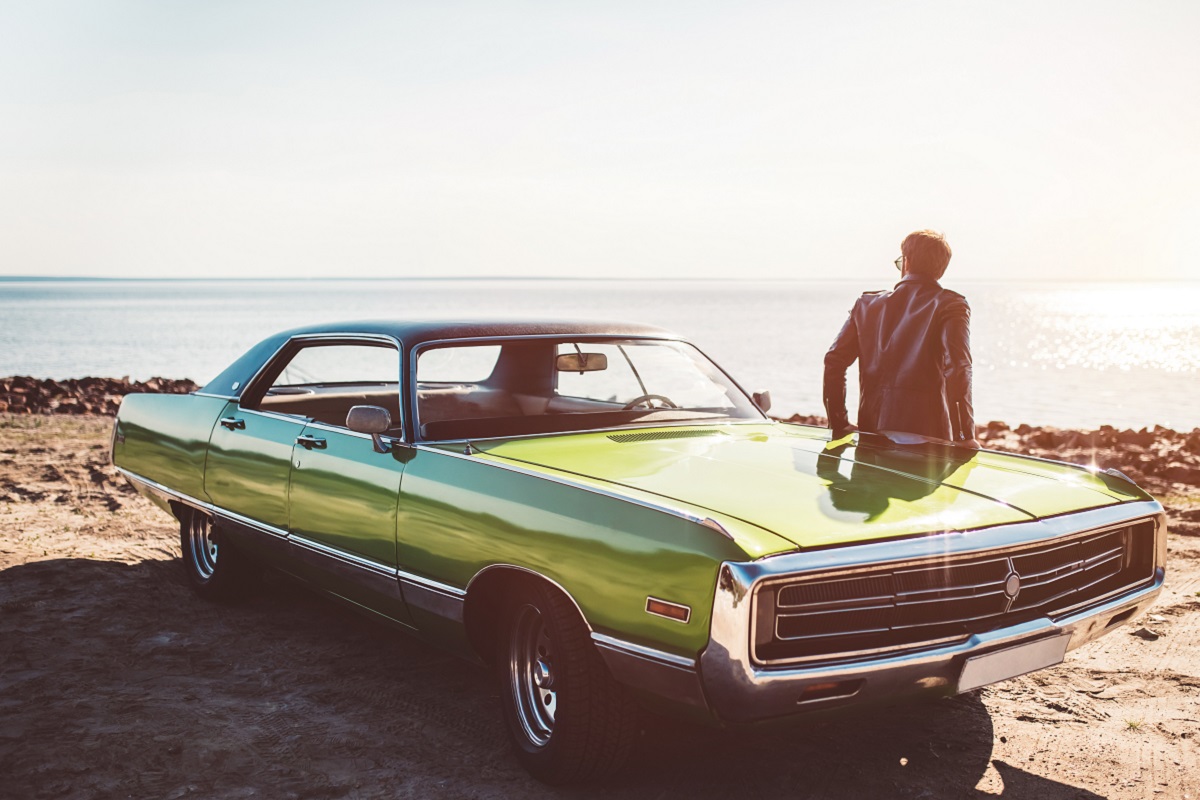How Much Can I Drink and Drive? Zero
Drinking and driving are a dangerous combination. While many people enjoy having a few drinks to unwind after a long day or while they spend time with friends, they may not be aware of when they’ve crossed the line of when it’s safe to get behind the wheel. Every individual handles alcohol differently, so it’s impossible to make a blanket statement such as “two beers an hour are just fine.” There are a lot of factors to consider before you get in the driver’s seat after drinking. The question is: how much alcohol is too much to drive?
What Does the Law Say?
No matter what state you live in, some laws apply to everyone. For example, the minimum drinking age in the country is 21 years old. For this reason, all states now have a no-tolerance law that makes it illegal for anyone under 21 to get behind the wheel of a vehicle if they’ve been drinking at all. Keep this in mind if you’re under 21 and wondering “How much can I drink and drive?”
Blood Alcohol Content
Blood Alcohol Content (BAC) is the amount of alcohol in a person’s body. When a person has a BAC of .08%, that theoretically means that their blood supply contains one part alcohol for every 800 parts of blood. BAC is the primary way that law enforcers determine if a person is driving while impaired.
How Alcohol Affects the Body
Alcohol enters a person’s bloodstream fairly quickly after being consumed. Once it’s in your bloodstream, it quickly reaches your brain, impairing your judgment and motor skills. This is what makes drinking and driving so dangerous. If you can’t think quickly or react appropriately to what’s occurring around you, you aren’t safe to operate a vehicle.
Many things can affect how quickly your BAC increases and how alcohol affects the body. Some of these include:
- What You Drink: All drinks are not created equally. For instance, the wine typically contains a higher alcohol content than the average beer. It’s important to read the labels on any alcohol you purchase, as the alcohol content can vary greatly, even within a specific category.
- How Much You Drink: The more drinks you consume, the higher your BAC is likely to be.
- How Quickly You Drink: The faster you drink alcohol, the more likely you are to go over the legal drinking limit. This is because your body can only metabolize alcohol so quickly. It needs time to break it down and get rid of it.
- Gender: In general, women are more vulnerable to intoxication than men. It usually takes more alcohol to get men intoxicated compared to women. This is because men have more water in their bodies that can help dilute the alcohol, while women have more fat cells, so the alcohol can’t be absorbed and becomes more concentrated in their bloodstream.
- Weight: The more you weigh, the more water your body has to dilute the alcohol. This generally means that a larger person will be less intoxicated after drinking the same amount of alcohol as a smaller person.
- What You Ate Before Drinking: Eating before drinking helps the alcohol you consume become absorbed at a slower rate. Drinking on an empty stomach often means getting drunk faster.
- If You’re Hydrated: Being dehydrated means that your body has less water to dilute the alcohol, so you’ll get drunk quickly. This is why it’s so important to drink plenty of water before, during, and after drinking alcohol.
- What Medications You’ve Taken: Some medications can enhance the effects alcohol has on your body or have otherwise harmful interactions.
How Much Alcohol is Too Much to Drive?
When it comes to safe drinking and driving, the truth is there is no such thing. Even a small amount of alcohol can impair your judgment and put you at risk of not only getting a DUI but harming yourself or others. If you have a drink or two, it’s best to find a different way home. To ensure this happens, consider using a rideshare app, calling a friend, or staying the night where you are.
Taking the risk of getting behind the wheel after drinking simply isn’t worth it, but if you do and end up with a DUI, RoadGuard Interlock, LLC (DUI) can help. Let us help you keep your independence after your DUI with our progressive ignition interlock devices. Contact us today to see how we can help you make things right again.
*Links to any third-party websites herein are provided for your reference and convenience only. RoadGuard Interlock did not create nor develop and does not own any such third-party websites. RoadGuard Interlock does not endorse nor support the content of, nor any opinions stated in any such third-party website links. RoadGuard Interlock is not responsible for the content of any third-party website or its accuracy or reliability. Nothing contained in this article or in any such third-party website shall be considered legal advice or be deemed to constitute legal advice. For any legal advice concerning a DUI arrest, charge, conviction, or consequences thereof, you should contact an attorney of your choice.


